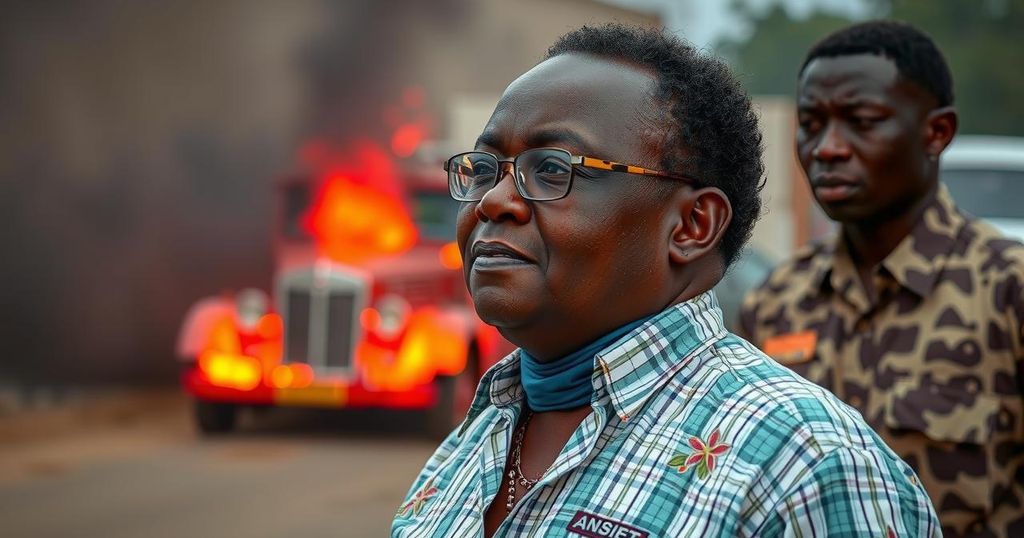Mozambique has witnessed at least 21 deaths and substantial violence following the confirmation of Frelimo’s electoral victory. Protests erupted as opposition leaders claimed electoral fraud, leading to increased unrest and calls for accountability. Security forces have reportedly responded with excessive force, intensifying the conflict amid a backdrop of public grievances related to corruption and unemployment.
In the aftermath of Mozambique’s Constitutional Council confirming the ruling Frelimo party’s victory in October’s disputed elections, widespread unrest has erupted, resulting in at least 21 fatalities, including two police officers. Interior Minister Pascoal Ronda disclosed that over 236 instances of severe violence have occurred since the announcement, leaving at least 25 others injured, among them 13 officers. The protests ignited following the court’s ruling, with opposition groups asserting that the electoral process was marred by fraud. Reports indicate heightened security measures with the military’s increased presence in strategic areas. Subsequently, the unrest involved demonstrators vandalizing public property and confronting law enforcement aggressively, as articulated by Al Jazeera’s Haru Mutasa, who noted young men soliciting money from motorists amid the turmoil. As tensions escalate, opposition leader Venancio Mondlane has warned his supporters to prepare for challenging times, expressing a collective resolve to pursue truth and justice despite the difficult circumstances.
The political landscape in Mozambique has been volatile, particularly following the controversial elections held on October 9, 2023. The Frelimo party has long been criticized for its alleged electoral malpractice, a sentiment echoed by numerous electoral observers and opposition factions. The Constitutional Council’s ratification of the Frelimo party’s victory caused immediate backlash from the public, who viewed the elections as rigged and indicative of broader systemic issues such as corruption and unemployment. The situation has been compounded by historical grievances regarding governance and civil rights within the nation.
The recent unrest in Mozambique underscores the profound discontent among citizens regarding electoral integrity and governance. With escalating violence and significant casualties arising from protests against the confirmed election results, the call for accountability and transparency is resonating deeply within the population. The current situation poses critical challenges for Mozambique, which must navigate the complexities of public dissent while addressing the pressing issues of corruption and socioeconomic instability.
Original Source: www.aljazeera.com






